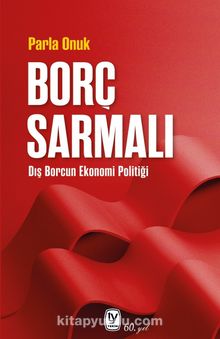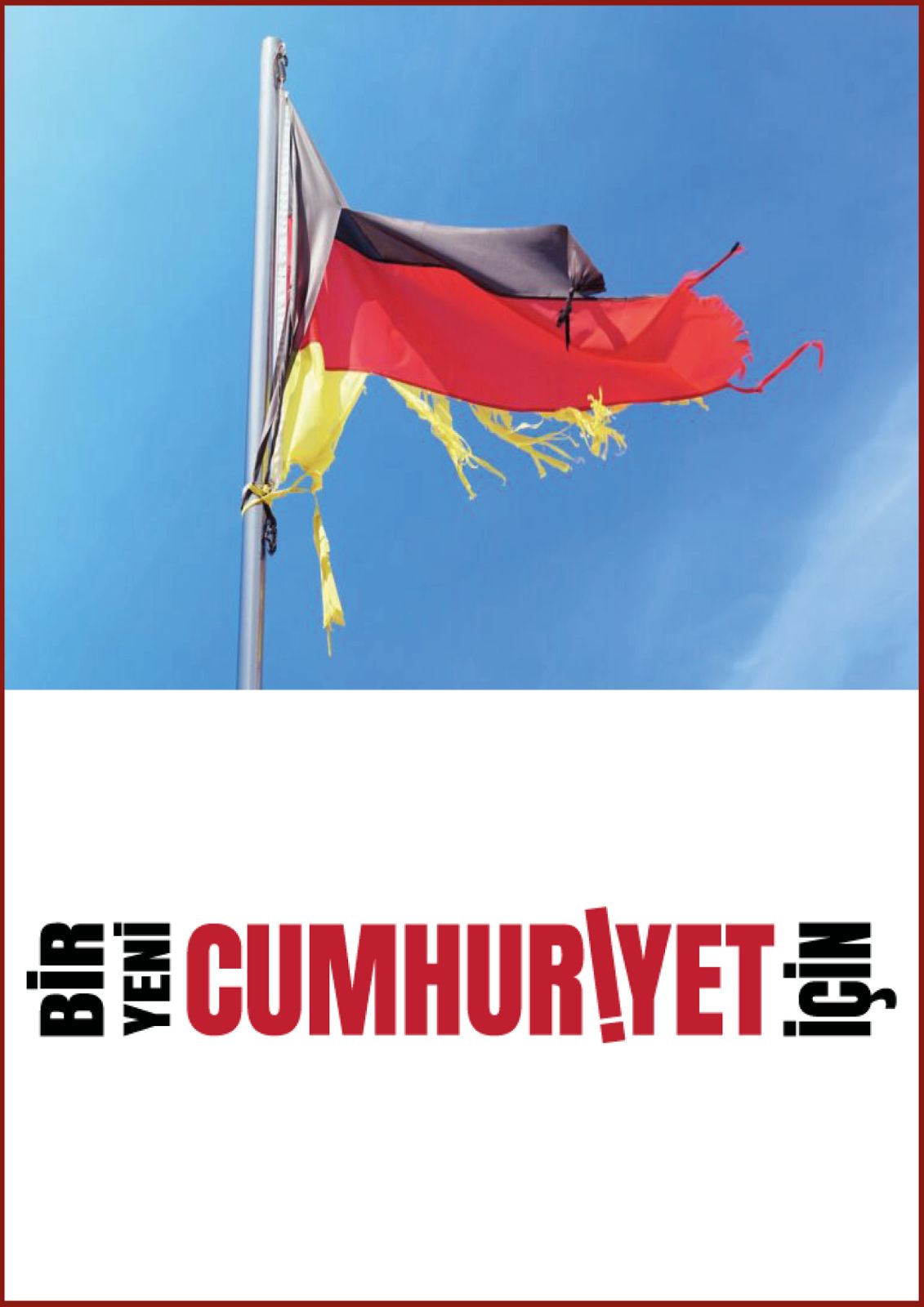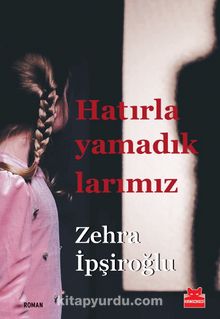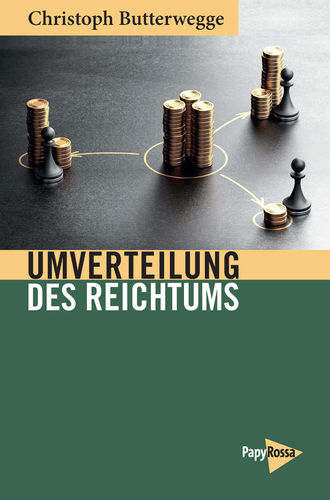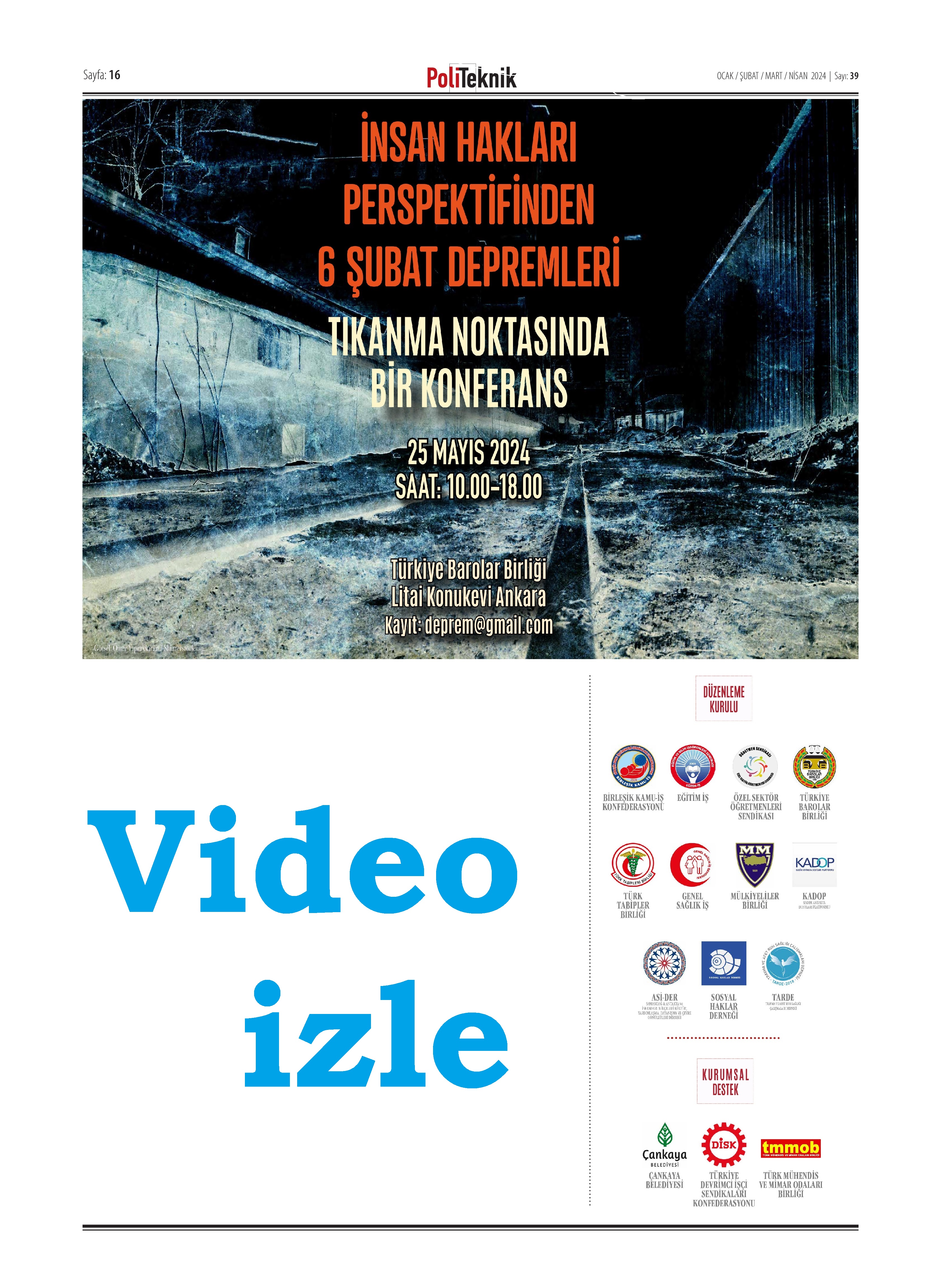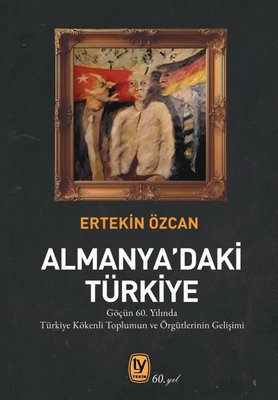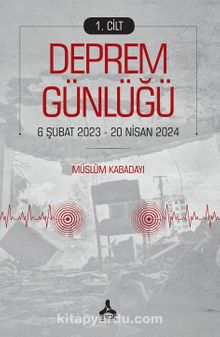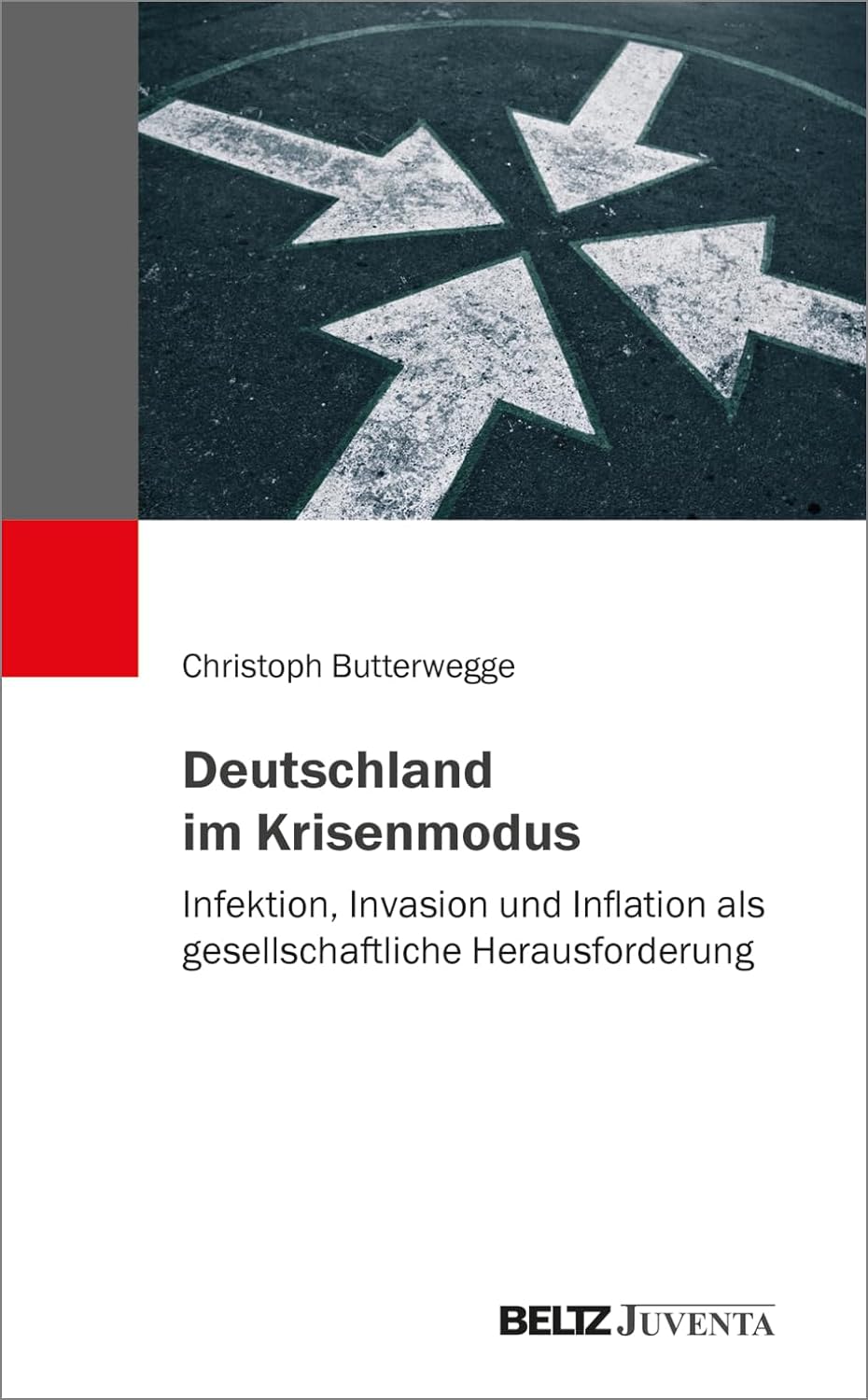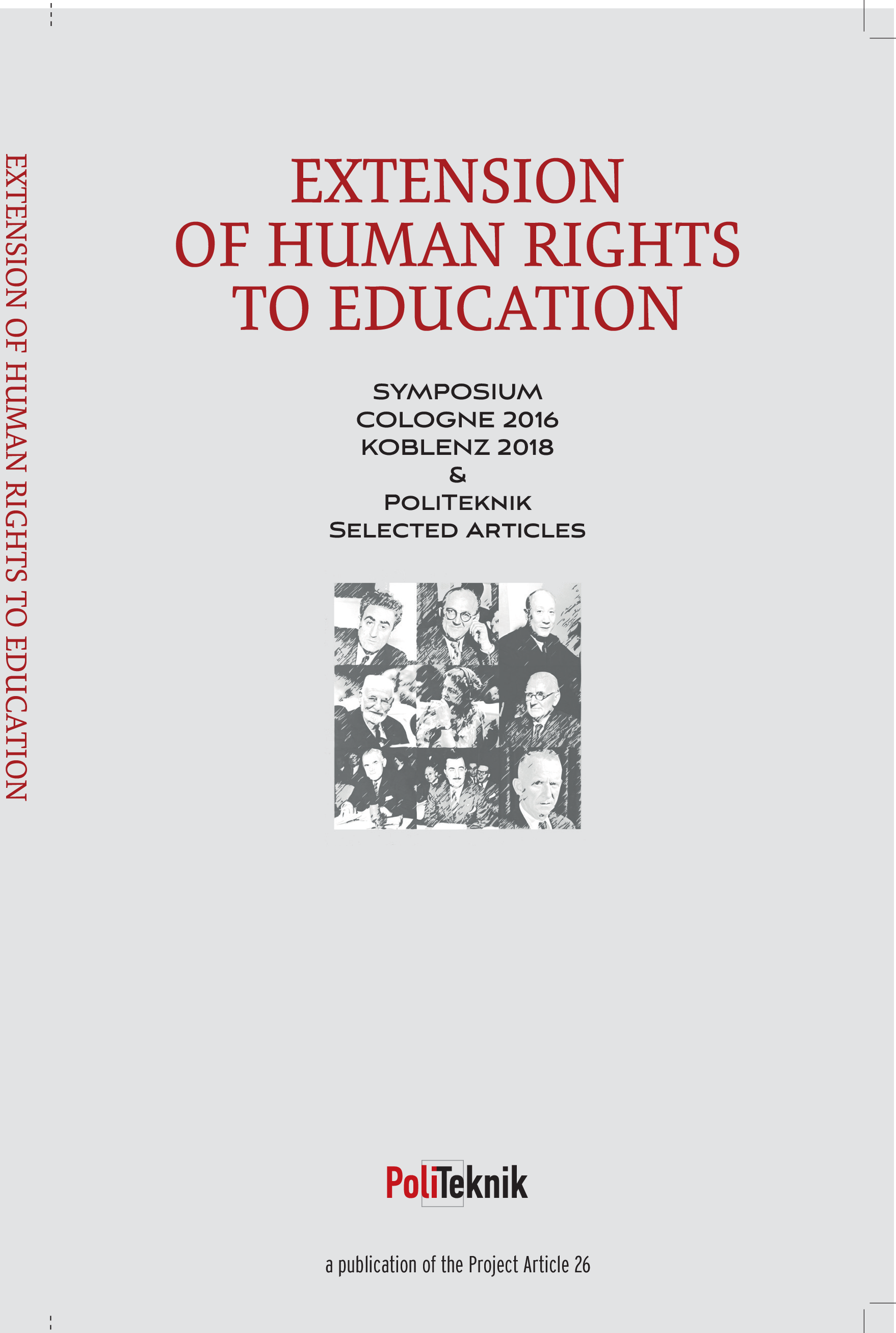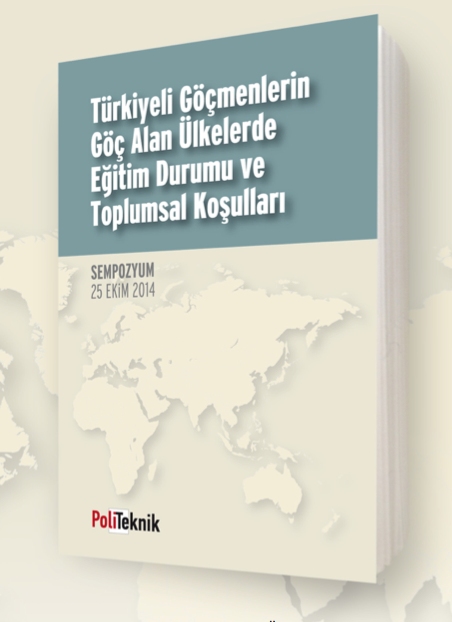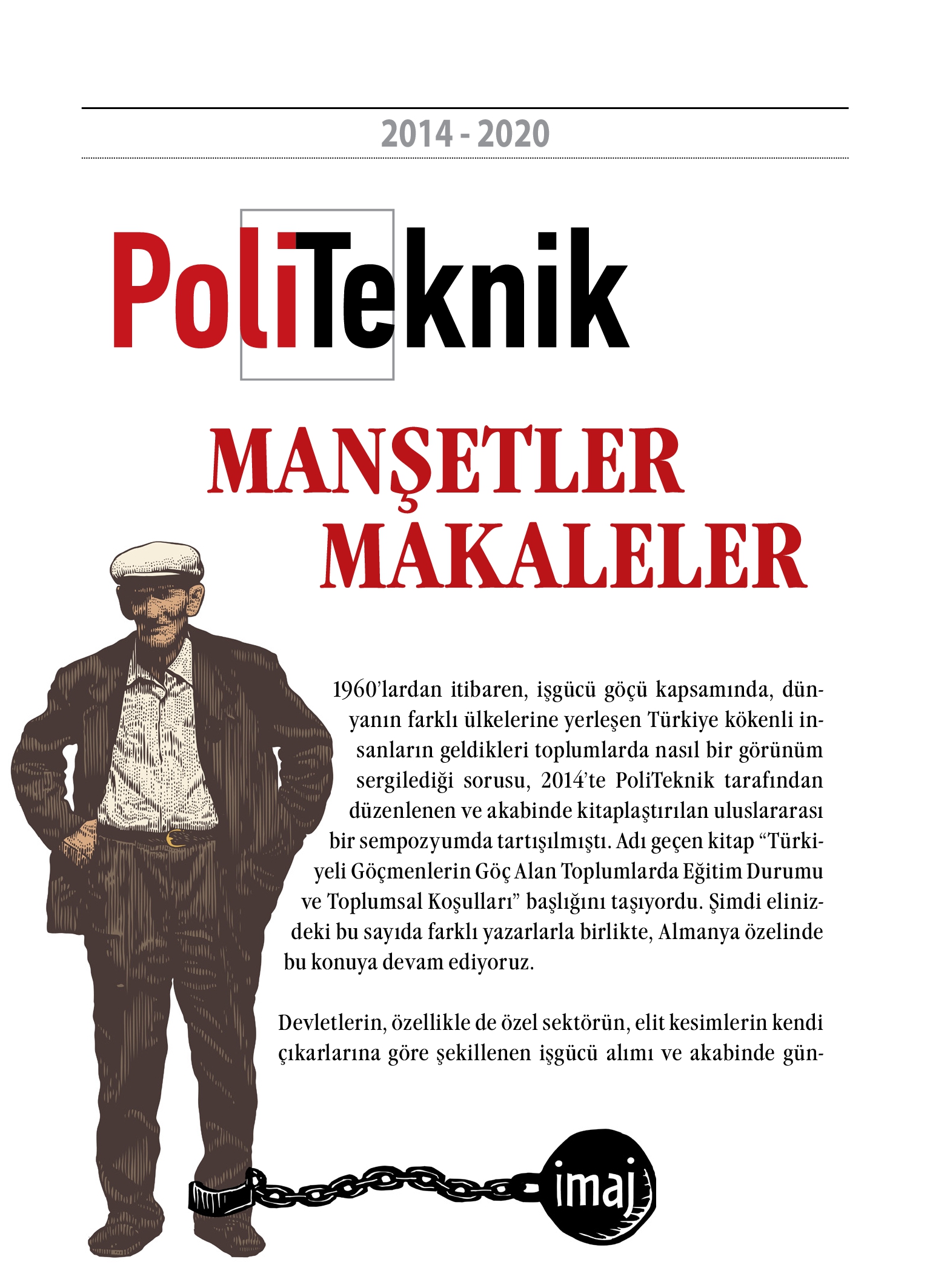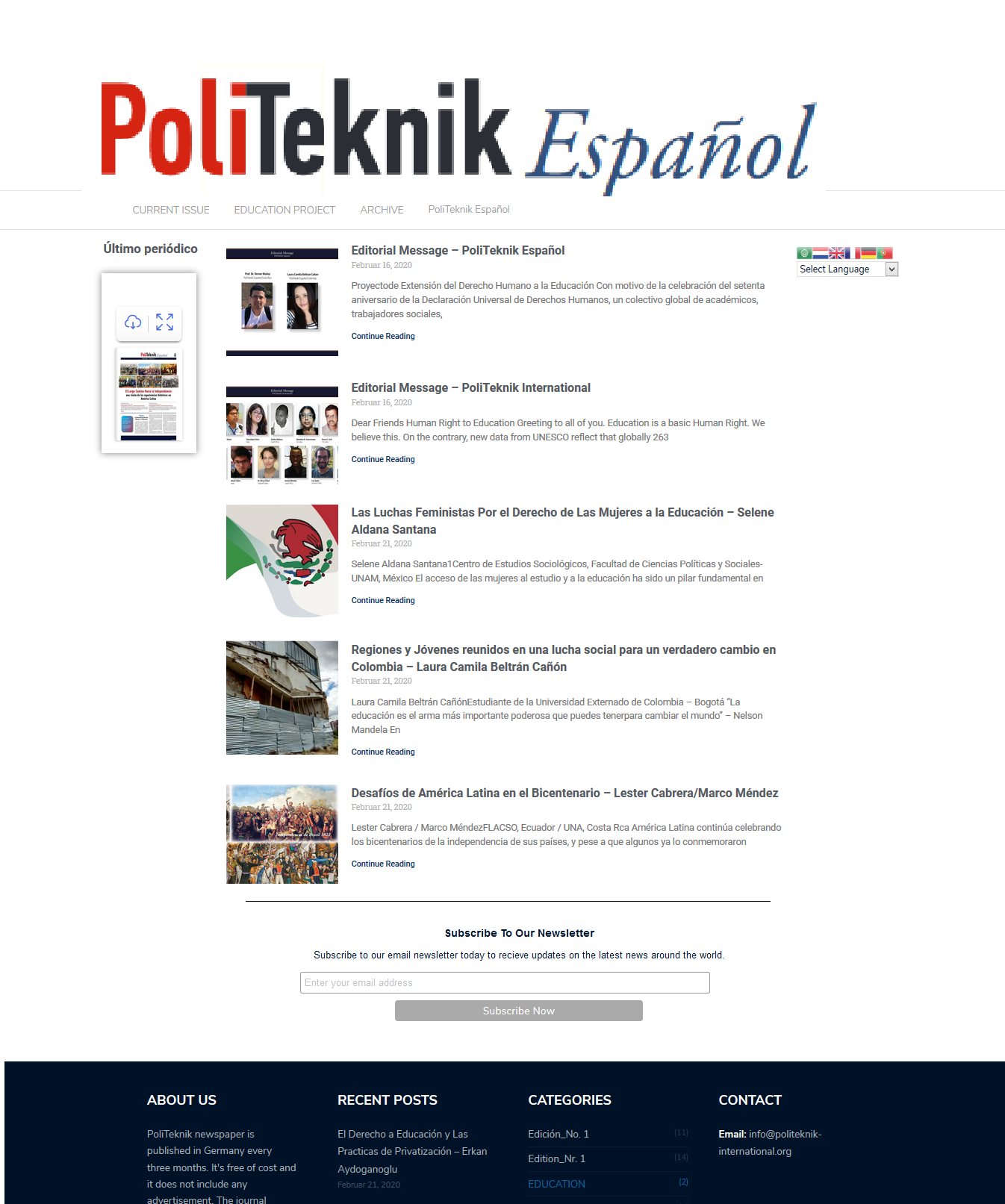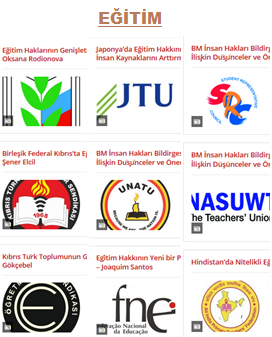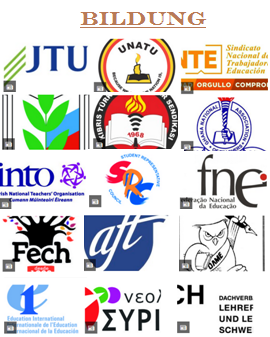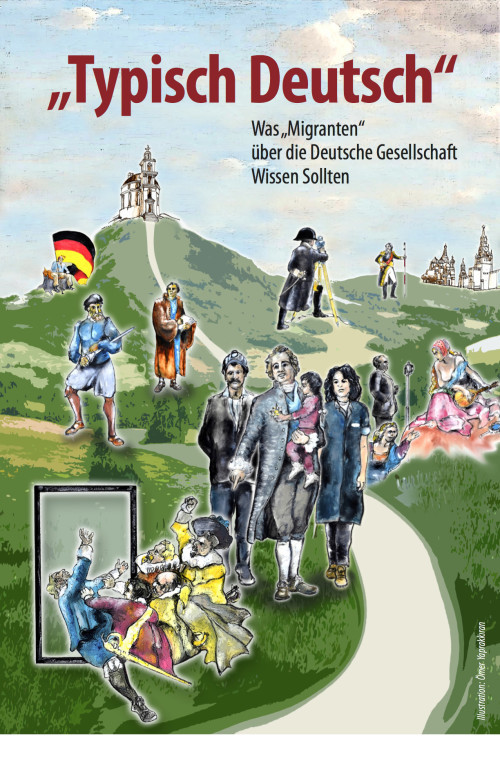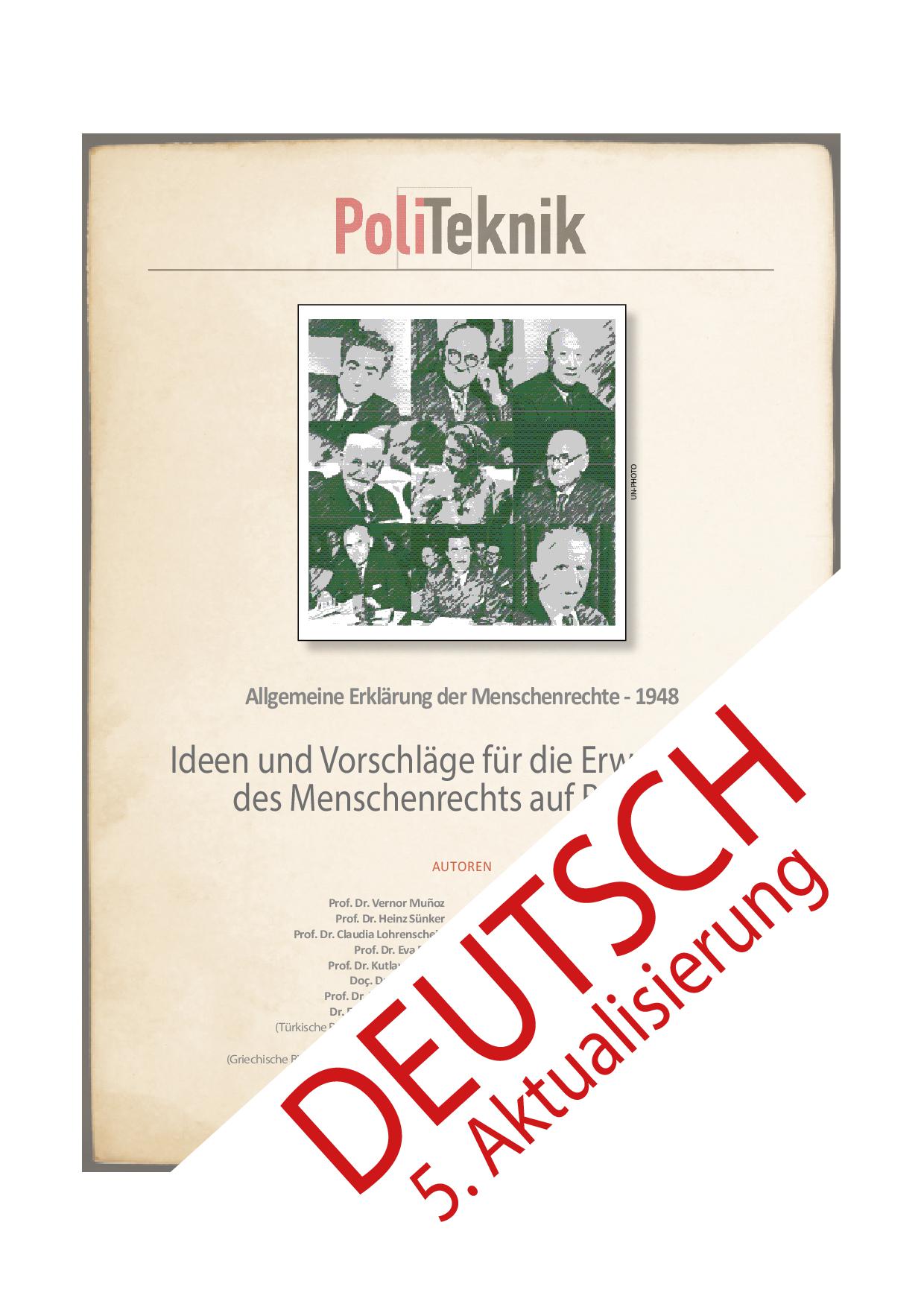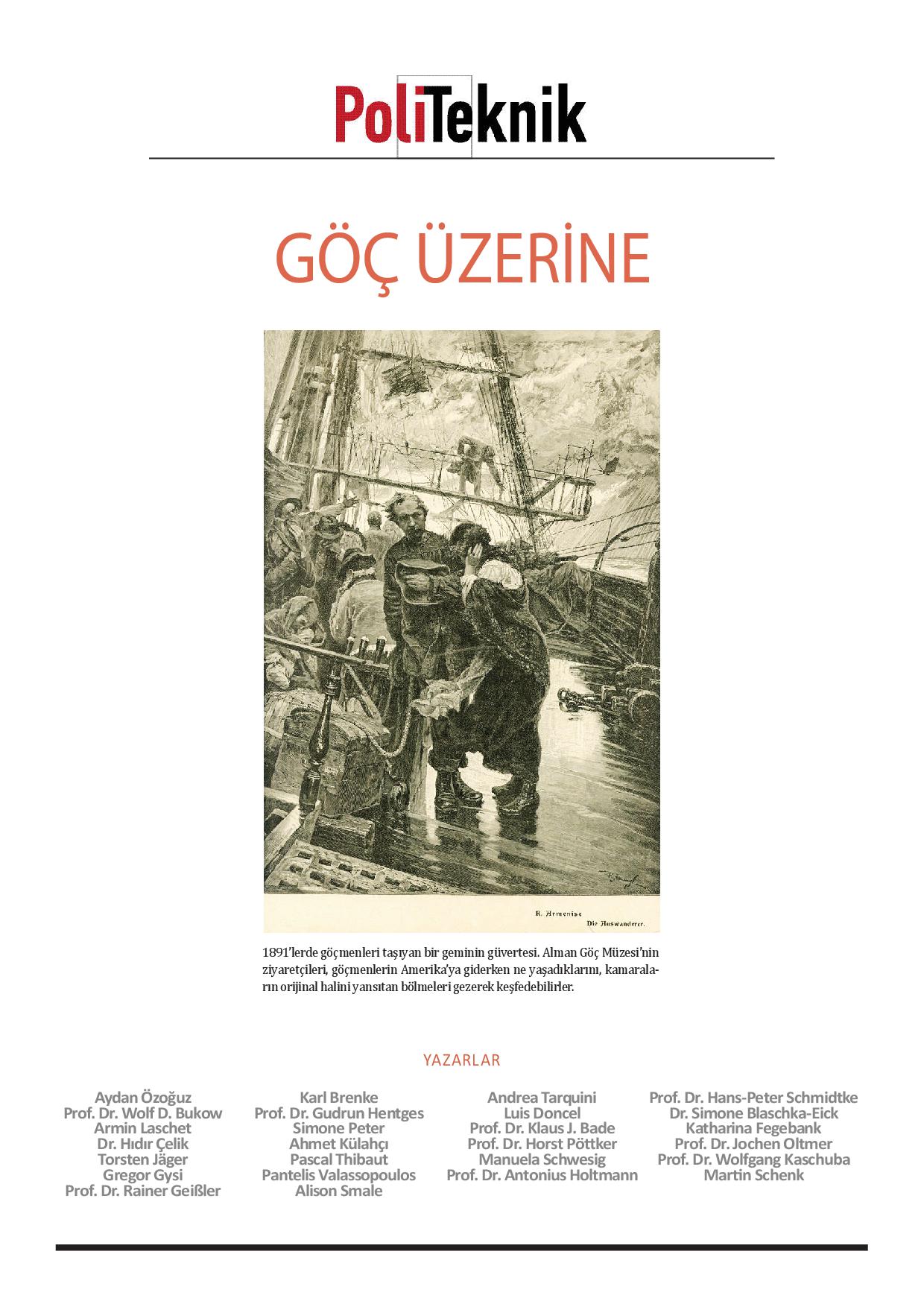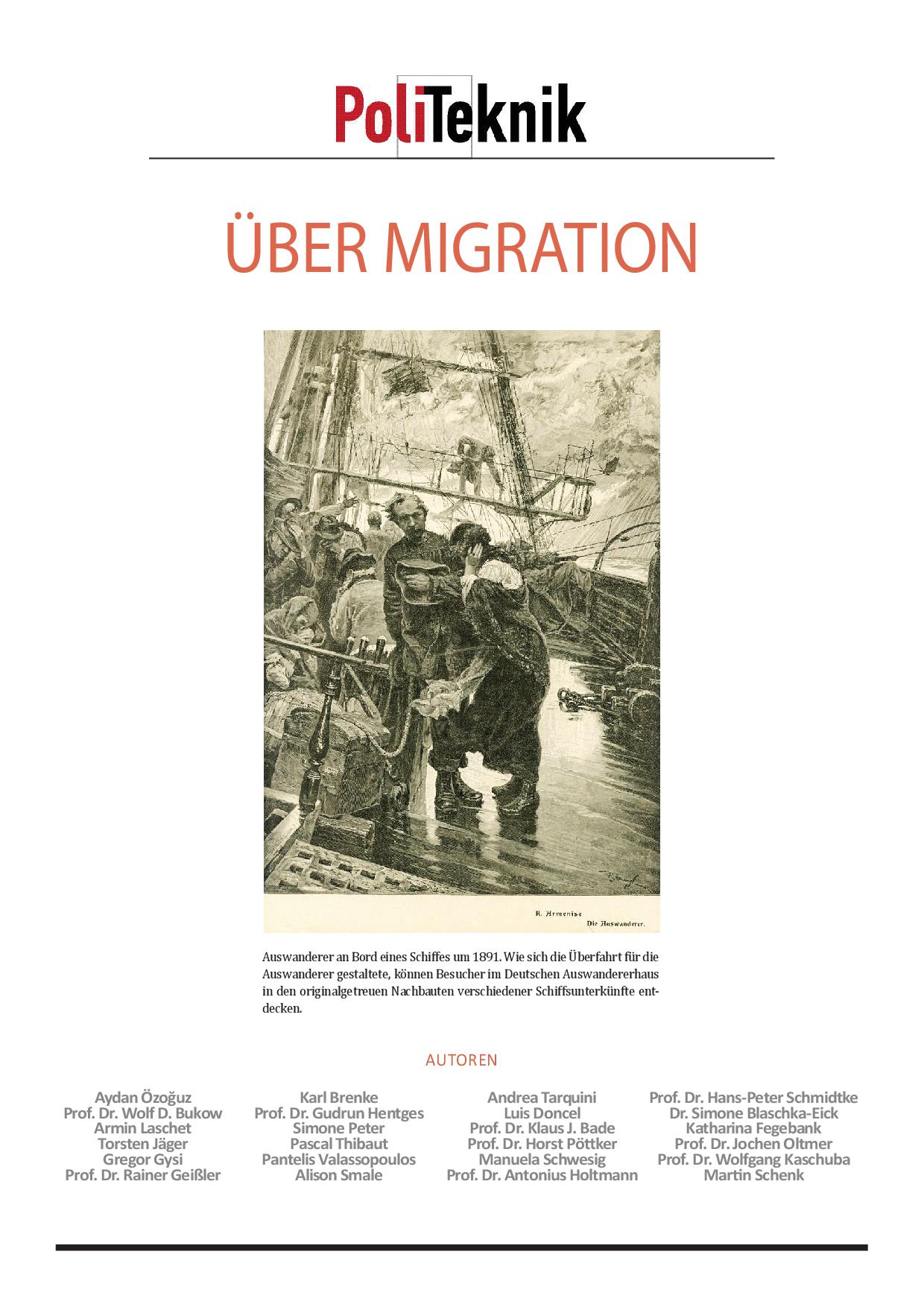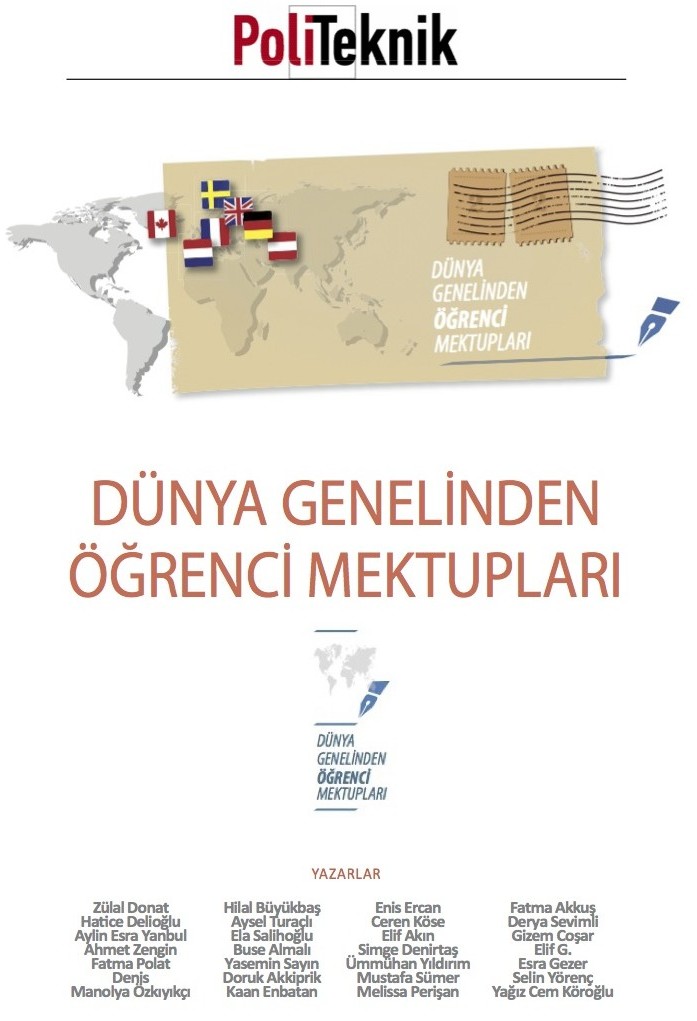-Only Online-
Prof. Dr.ª Quezia Vila Flor Furtado[1]
Federal University of Paraíba (Universidade Federal da Paraíba – UFPB) – Brazil
In September 2015, the data from the 2014 National Alphabetization Evaluation[2] (Avaliação Nacional de Alfabetização – ANA) was divulged in Brazil, in which proficiency in reading, writing, and mathematics of participants of the alphabetization cycle (1st to 3rd grade) was evaluated. The results were unsatisfactory, revealing that, among eight year old children, one out of five cannot read sentences, with the majority of 3rd graders only being able to locate “explicit” information in small texts.
The situation worsens when we approach Teenagers living in Casas de Acolhimento[3], who not only suffer with age/grade distortions, but are also victims of the main violations of human rights applied to childhood, such as “[…] intrafamiliar violence, sexual violence and/or exploitation, exploitation of child labor, living on the streets, disappearances, involvement with drugs, and death threats, among others.”[4]
Those teenagers are directly related to situations of social vulnerability, involved in conditions that fragilize their social, economic, psychological, and educational development. This implies the understanding that
The social vulnerability might be expressed in the illness of one or various members, recurring situations of drug abuse, domestic violence, and other conditions that prevent or stop the healthy development of said group. Social vulnerability is a term used to describe families exposed to risk factors, of personal, social, or environmental nature, which help or increase the probability that its members come to suffer from psychological disturbances. (COUTO and KOLLER 2009, p. 404 apud SILVA and RAPOPORT 2017, pp. 2-4)
This context of social vulnerability not only reveals the risk factors that involve the families, but it aggravates its meaning, when one considers that the people living in this situation are unable to undergo a social transformation, since they live in precarious situations, and have little access to knowledge and reflection.
Therefore, in order to contribute to the lessening of the factors for social vulnerability, it is essential to invest in quality education, as safeguarded by the Art. 53 of the Statute of the Child and Adolescent (Estatuto da Criança e do Adolescente): “The child and the adolescent have the right to education, aiming for the full development of their character, the exercise of their citizenship, and qualification to work […]“ (p. 9, 1990), therefore contributing to the development of aptitudes that regard juvenile protagonism and social empowerment, enabling the overcoming of issues that impede the full exercise of citizenship and social transformation.
It is within this context that the Program for Tutored Education – PTE/Knowledge Connections – Juvenile Protagonism in Urban Peripheries (Programa de Educação Tutorial – PET/Conexão de Saberes – Protagonismo Juvenil em Periferias Urbanas) by the Federal University of Paraíba – UFPB presents itself, proposing the implementation of teaching, research, and extension drives, developed by graduation students, and having as its main driving force the LEHIA – Literacy and Schooling through Individual Stories for Autonomy (Letramento e e Escolarização a partir de Histórias Individuais para Autonomia) subproject.
The university students who participate in the Program come from different areas of knowledge (Letters, Pedagogy, Psychopedagogy, Nursing, International Relations, and Law), working with teenagers in the 12 to 17 years old age group living in Casas de Acolhimento in the city of João Pessoa (capital of the State of Paraíba), providing them with custom accompaniment in scholastic and educational activities, and investing in research which investigates the factors that reveal themselves as problematic to overcoming the failure situations lived by these, contributing with interventions and warranties of their rights in the specific area of schooling.
The goal of this project is to contribute with the studies and intervention drives that deal with childhood and youth, in order to achieve greater results in their educational reception and mediation, contributing to strengthen their autonomy regarding schooling and surpassing learning difficulties in school.
The actions that articulate themselves from the University to Basic Education reveal themselves in this project through the outlook of educator Paulo Freire’s[5] Popular Education, which allows an intervention through dialogue and listening as a warranty of these adolescents’ rights.
Through dialogue, we make ourselves aware that “the subject that opens itself to the world and others begins with this gesture the dialogical relation which confirms itself as restlessness and curiosity, as an inconclusion in permanent motion through History” (FREIRE, 1996, p. 154). The opening to know and seek overcoming reveals this dialogical relation, in which the worries related to the education process of the teenagers in shelters unfold due to the curiosity to know the causes that encompass them in situations of scholastic failure. Such movement will not be possible without the act of listening:
Listening is obviously something that goes beyond one’s own auditory possibility. Listening, as discussed here, means the permanent availability of the listener to open itself to the other’s speech, gestures, and differences. […] The true listening does not diminish on myself, at all, the capacity to exercise my right to disagree, oppose, or position myself. On the contrary, it is by listening well that I prepare myself to better express or position myself ideologically. As a subject that gives itself to the other’s speech, free of prejudice, the good listener speaks, and speaks of his position, resourcefully. Precisely because he listens, his discordant speech, by being affirmative, because he listens, is never authoritarian. (FREIRE, 1996, p. 75).
Through this process of listening, we believe in the possibility of identifying the real learning needs of these teenagers, and their difficulties in the schooling process, to then mediate and intervene.
Through this movement in the relation between university and basic education, we seek to enable the formation of university students as academics and citizens by articulating teaching, research, and extension, contributing with a committed stance to those in a state of social vulnerability, and encouraging their organizational capacity regarding the needs and difficulties of those in need, leading to a promotion of the Human Right to Education among adolescents.
REFERENCES
BRASIL, Estatuto da Criança e do Adolescente. Available at <http://www.planalto.gov.br/ccivil_03/leis/L8069Compilado.htm>. Accessed March 10, 2016.
FREIRE, Paulo. Pedagogia da autonomia: saberes necessários à prática educativa. São Paulo: Paz e Terra, 1996.
PARAÍBA, Plano Estadual de promoção, proteção e defesa do direito de crianças e adolescentes à convivência familiar e comunitária. 2013. Available at <https://zeoserver.pb.gov.br/portalsuas/suas/arquivos/plano_pecfc_corrigido.pdf>. Accessed March 10, 2016.
SILVA, Sabrina Boeira e RAPOPORT, Andrea. Desempenho escolar de crianças em situação de vulnerabilidade social. Available at <http://ojs.cesuca.edu.br/index.php/educacaoemrede/article/view/410>. Accessed April 6, 2017.
[1] Doctor of Educational Sciences, Docent at the Department of Educational Methodology, and at the Social Sciences and Popular Education at the Federal University of Paraíba.
[2] The ANA was first done in 2013, aiming to evaluate the National Pact for Alphabetization at the Right Age (Pacto Nacional pela Alfabetização na Idade Certa – PNAIC), a commitment by the Federal, State, and Municipal governments to assure that all children were alphabetized by the end of 3rd grade.
Available at <http://g1.globo.com/educacao/noticia/2015/09/nao-sao-historias-de-sucesso-diz-ministro-sobre-dados-de-alfabetizacao.html>
[3] Temporary homes in which teenagers are sheltered at while being attended by Brazil’s Children’s Court.
[4] Plano Estadual de Promoção, Proteção e Defesa do Direito de Crianças e Adolescentes à convivência familiar e comunitária. 2013, pp. 30-31.
[5] Befreiungspadagogik

